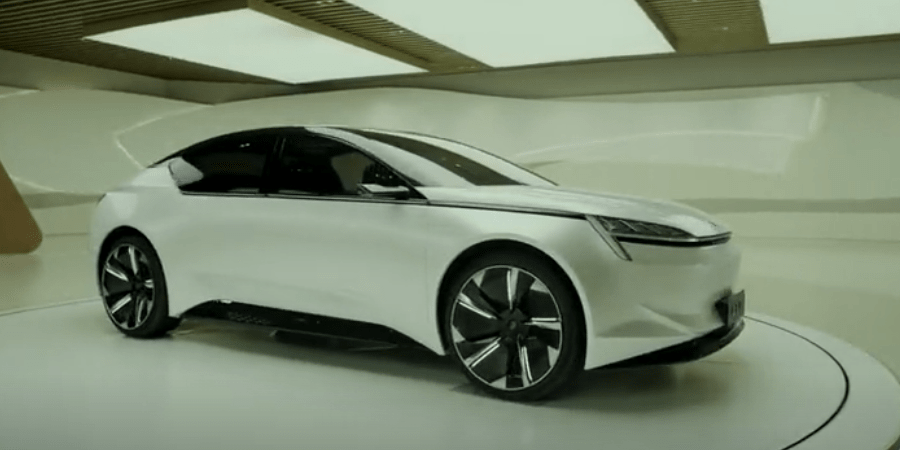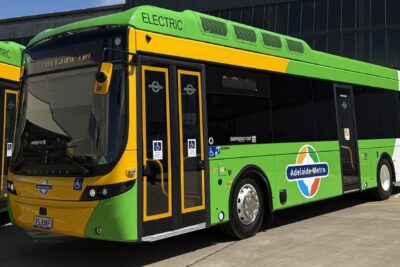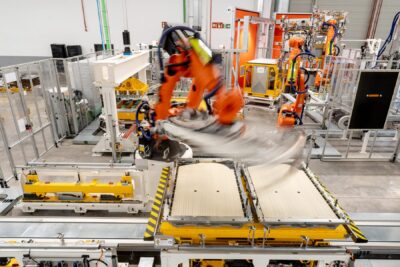Evergrande to set up dealership network in China
Evergrande New Energy Vehicle, the electric car offshoot of the Chinese Evergrande Group, plans to build 1,600 dealerships across China. The company is known to be aiming to produce up to one million electric cars per annum from a standing start by 2025.
According to a report in the South China Morning Post, Evergrande announced its plans to set up a stationary distribution network during a conference call with members of the press. Shawn Siu, chairman of Evergrande New Energy Vehicle, said that “Building a vast sales network is important, because it will lay a solid foundation for us to grab a big market share”. In addition to the planned 1,600 car dealerships, 36 so-called flagship showrooms are also to be opened. Siu did not give a time frame for the build-up.
By comparison, Nio, one of the most promising electric car start-ups in China, currently has 180 dealerships across the country. Automotive giant Volkswagen has around 2,000 sales outlets across China.
In August 2020, Evergrande announced its first six models, followed by three more a few weeks ago. All in all, 14 electric models are currently being developed under the Hengchi brand, covering the main passenger car segments such as sedans, SUVs and multi-purpose vehicles. According to the South China Morning Post, the prices for these models are to range between 600,000 and 800,000 yuan, which is currently equivalent to about 78,000 to 104,000 euros.
So far, however, none of the nine models presented so far has reached the production phase. According to the above-mentioned report, Evergrande plans to launch the first models in the second half of 2021 or the first half of 2022. At the same time, Evergrande has already set a production target of 100,000 units for 2022. In 2025, the company is aiming for production capacities for one million vehicles and from 2035 for five million.
In view of these plans, the capital requirements are naturally immense. In January of this year, Evergrande New Energy Vehicle raised additional capital of around 2.84 billion euros by selling more shares. Meanwhile, the business figures for 2020 show a net loss of 7.7 billion yuan (around 1 billion euros). In 2019, it was still 4.9 billion yuan, the equivalent of about 636 million euros. In 2020, however, sales are expected to have risen by 175 per cent to 15.5 billion yuan (just over 2 billion euros).





0 Comments